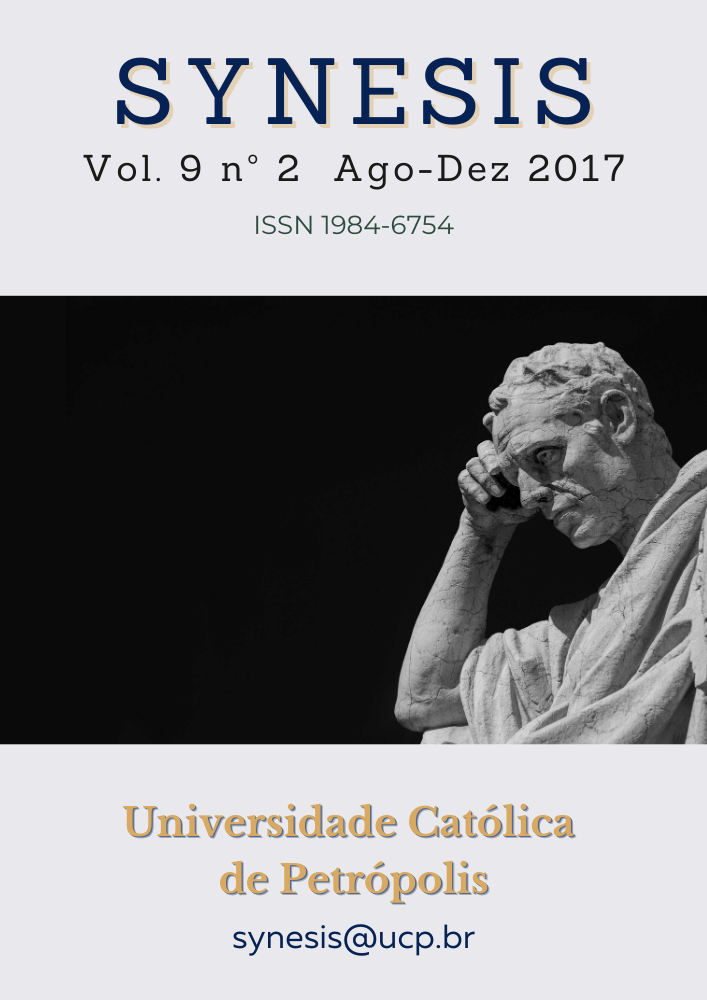Abstract
This paper provides a criticism of the New Left’s discourse of legitimation of the globalization hypothesis based on the same understanding of it than contemporary Conservative Liberalism. According to the New Left’s basic epistemological-political standpoint (the same as that of Conservative Liberalism), the economic globalization is a consolidated process which leads not only to the era of international economy, but also to the failure of a nationalist interventionist politics, as to the irreversible weakening of the Welfare State model of strong political institutions as the basis of economic constitution and of social evolution. According to the New Left, only international political institutions can frame the international economy. We argue that the New Left does not seriously consider the notion of late capitalism, disregarding the political-economic dependence between central and peripheral countries as the fundamental characteristic of international politics and of global economic constitution. Here, international political institutions cannot tackle macroeconomic contradictions and pathologies due to the fact that the international economic order is grounded on political inequality and dependence of these central and peripheral countries. The important epistemological-political question is not primarily the economic globalization itself, but its political basis, that is, the international politics founded on the periphery’s dependence as the condition to central development. Therefore, only the recovery and the renewal of a nationalist and interventionist politics based on the strengthening of political institutions in general and of the Welfare State in particular can respond to problems of economic globalization, deconstructing the New Left’s globalization hypothesis.Downloads
Download data is not yet available.
